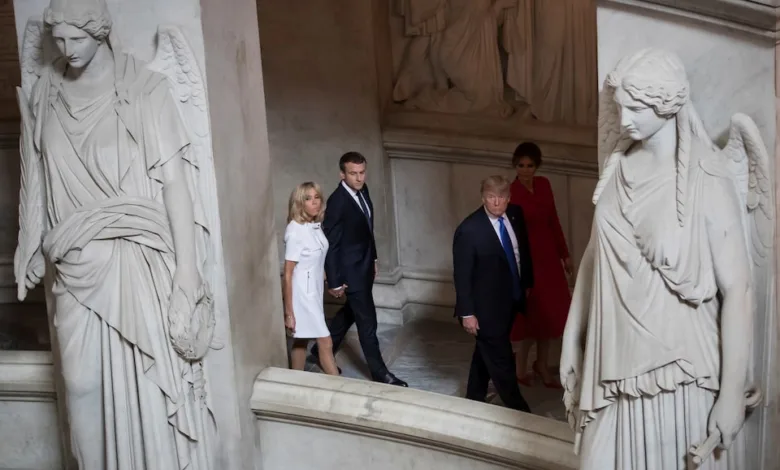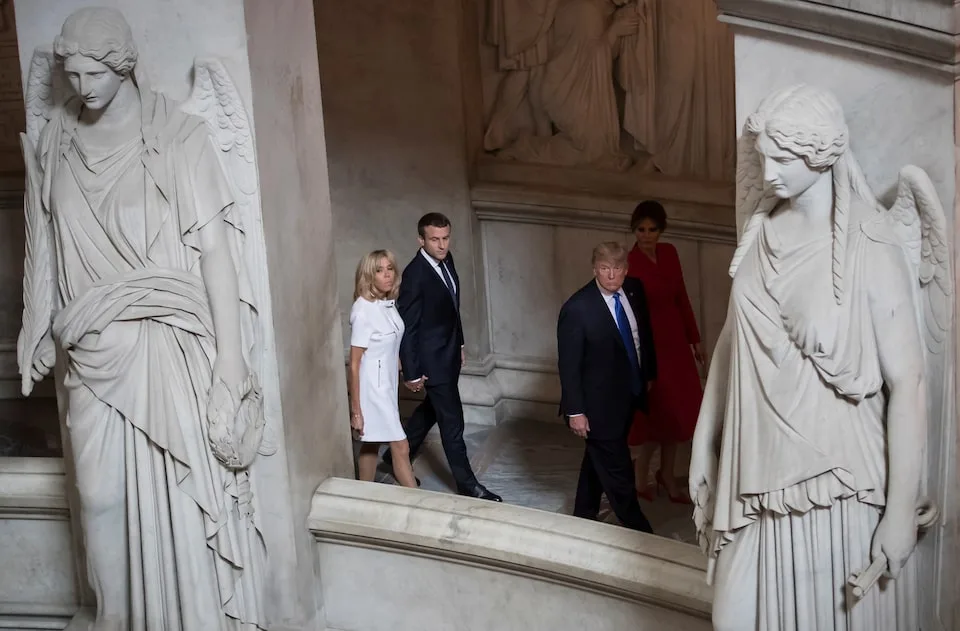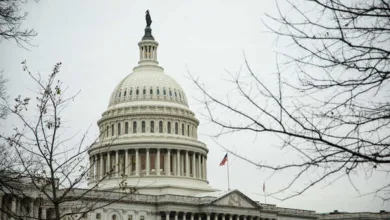Trump Justifies Illegal Action: ‘If It Saves the Country, It’s Worth It 2025

Introduction
In a recent statement that has sparked widespread debate, former President Donald Trump declared, “If it saves the country, it’s not illegal.” This bold assertion has raised eyebrows across the political spectrum, with critics questioning the implications of such a stance. Trump justifies illegal action by framing them as necessary for the greater good, but does this reasoning hold up under scrutiny? In this blog, we’ll delve into the controversy, analyze the legal and ethical ramifications, and explore how this statement reflects broader themes in Trump’s political philosophy.
Why Trump Justifies Illegal Action: The Context Behind the Statement
Trump’s remark came during a discussion about his presidency and the decisions he made while in office. Known for his unfiltered rhetoric, Trump has often defended his actions by emphasizing their outcomes rather than their legality. This latest statement is no exception. By claiming that illegal actions can be justified if they benefit the nation, Trump has reignited debates about the balance between law and morality in leadership.
Critics argue that this mindset undermines the rule of law, while supporters see it as a pragmatic approach to governance. Regardless of where one stands, the statement has undeniably stirred conversation about the limits of executive power and the role of ethics in politics. Trump justifies illegal actions by arguing that the end goal—saving the country—outweighs the means.
Table of Contents
Legal and Ethical Implications of Justifying Illegal Action
When a leader justifies illegal action, it raises significant legal and ethical questions. The rule of law is a cornerstone of democratic societies, ensuring that no one is above the law—not even the president. Trump’s assertion challenges this principle by suggesting that the ends can justify the means.
1. Legal Perspective
- The U.S. legal system is built on the idea that laws apply equally to everyone. Justifying illegal action, even for a perceived greater good, sets a dangerous precedent.
- Legal experts warn that such reasoning could lead to abuses of power, where leaders bypass laws under the guise of national interest.
2. Ethical Perspective
- Ethically, the statement raises concerns about moral relativism. If illegal action are excused based on their outcomes, it becomes difficult to draw a clear line between right and wrong.
- Critics argue that this approach erodes trust in institutions and undermines the moral authority of leadership.
Public Reaction to Trump Justifying Illegal Action
Trump’s statement has elicited strong reactions from both sides of the political aisle.
- Supporters:
Many of Trump’s supporters applaud his willingness to prioritize the country’s interests over bureaucratic red tape. They argue that in times of crisis, decisive action—even if it skirts the law—is necessary to protect the nation. Trump justifies illegal action by framing them as essential for national security and prosperity. - Critics:
Opponents, however, view the statement as a dangerous endorsement of authoritarianism. They fear that normalizing illegal action could pave the way for future leaders to abuse their power without accountability.
The debate has also spilled over into social media, with hashtags like #RuleOfLaw and #CountryFirst trending as users weigh in on the controversy.

Historical Precedents: When Leaders Justify Illegal Action
Trump’s justification of illegal action is not without historical precedent. Throughout history, leaders have often faced the dilemma of choosing between legality and perceived necessity.
- Abraham Lincoln:
During the Civil War, Lincoln suspended habeas corpus to maintain order, a move that was technically illegal but widely viewed as necessary. - Franklin D. Roosevelt:
FDR’s internment of Japanese Americans during World War II was legally sanctioned but is now widely condemned as a moral failing.
These examples highlight the complex interplay between law, morality, and leadership. While some actions may be justified in hindsight, others serve as cautionary tales about the dangers of prioritizing expediency over principle. Trump justifies illegal action by drawing parallels to such historical decisions, but critics argue that this reasoning is flawed.
The Broader Implications of Justifying Illegal Action for Democracy
Trump’s statement goes beyond a single controversial remark—it touches on the very foundations of democracy.
1. Erosion of Trust
When leaders justify illegal action, it erodes public trust in institutions. Citizens may begin to question whether the law applies equally to everyone, leading to cynicism and disengagement.
2. Normalization of Lawlessness
Repeatedly excusing illegal behavior can normalize it, creating a culture where the ends always justify the means. This undermines the rule of law and weakens democratic norms.
3. Polarization
The debate over Trump’s statement further deepens political polarization, with each side digging in their heels and refusing to engage in meaningful dialogue.

Conclusion: The Cost of Justifying Illegal Action
Trump’s assertion that illegal action can be justified if they save the country has ignited a firestorm of debate. While some see it as a pragmatic approach to leadership, others view it as a dangerous erosion of democratic principles. As we navigate the complexities of law, morality, and governance, it’s crucial to remember that the rule of law is not just a legal concept—it’s a safeguard of democracy itself.
Whether you agree or disagree with Trump’s stance, one thing is clear: this statement will continue to shape conversations about leadership, ethics, and the future of democracy for years to come. Trump justifies illegal action by appealing to the idea of national survival, but the question remains: at what cost?




